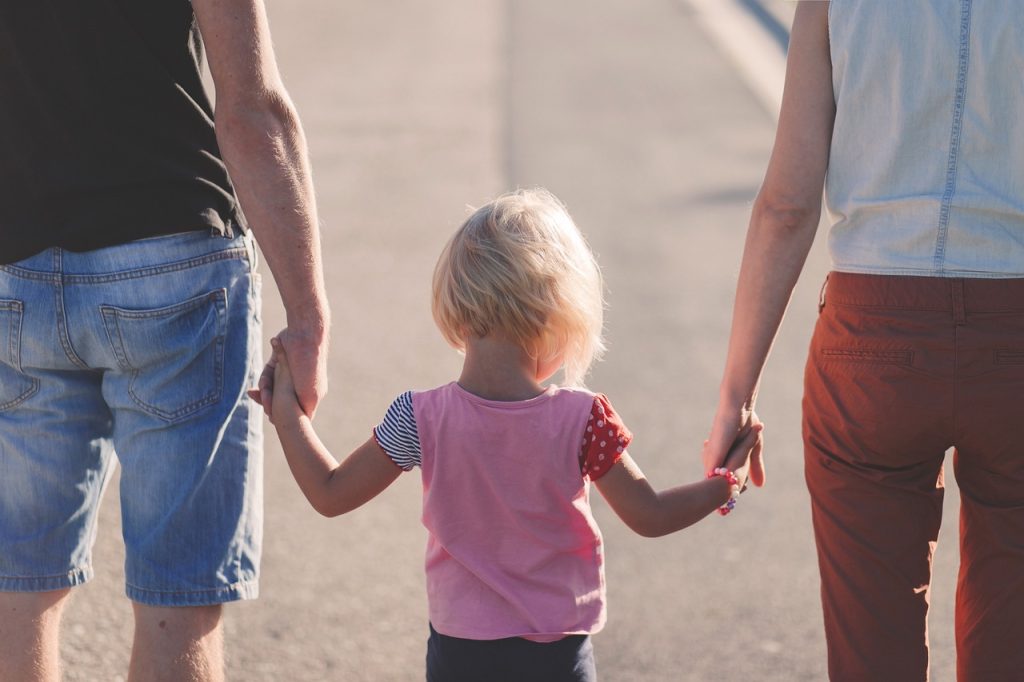These individuals, often unsung heroes, dedicate their time, energy, and compassion to represent the best interests of children who find themselves entangled in the legal system.
GAL volunteers are ordinary people doing extraordinary work. They undergo specialized training to become advocates for children, appointed by courts to investigate, assess, and speak up for the children’s well-being. Here’s why their role is so crucial:
- Voice for Vulnerable Children: GAL volunteers are the voices of children who may be too young, too scared, or too traumatized to speak up for themselves. They ensure that the child’s perspective is heard and considered in court proceedings.
- Unbiased Advocacy: GAL volunteers are neutral parties in the legal process. They don’t have any personal or professional stake in the case, which allows them to provide unbiased recommendations that prioritize the child’s welfare.
- Comprehensive Understanding: GAL volunteers invest time in getting to know the child’s life, family, and environment. This in-depth knowledge helps them make informed recommendations to the court about custody, visitation, and other crucial matters.
- Long-term Commitment: GAL volunteers don’t just show up for a single hearing; they commit to being a consistent presence in the child’s life throughout the duration of the case. This stability can be a source of comfort for the child during tumultuous times.
- Bridge Builders: GAL volunteers serve as a bridge between the legal system, social services, and the child’s needs. They ensure that the child’s rights are protected and their best interests are always at the forefront.
In essence, Guardian ad Litem volunteers are everyday heroes who stand up for the rights and well-being of the most vulnerable among us. Their dedication and tireless advocacy are an inspiring reminder of the power of compassion and the potential for positive change in the lives of children who need it most.


